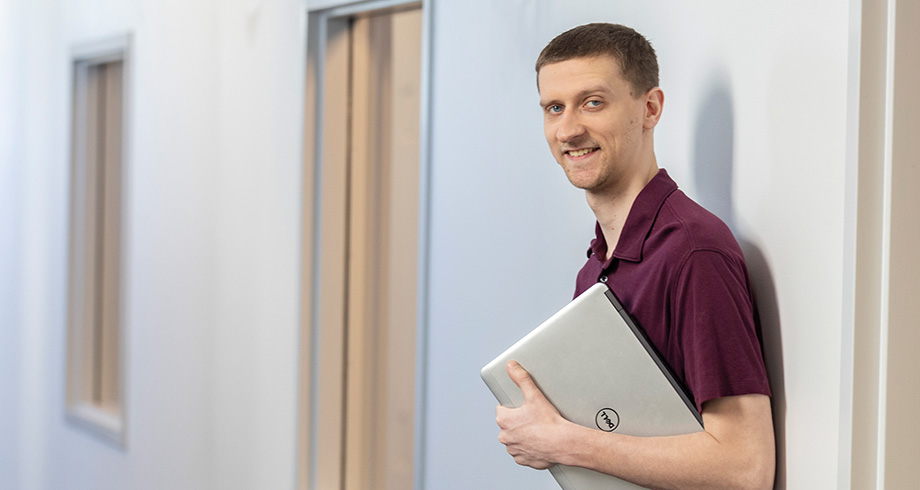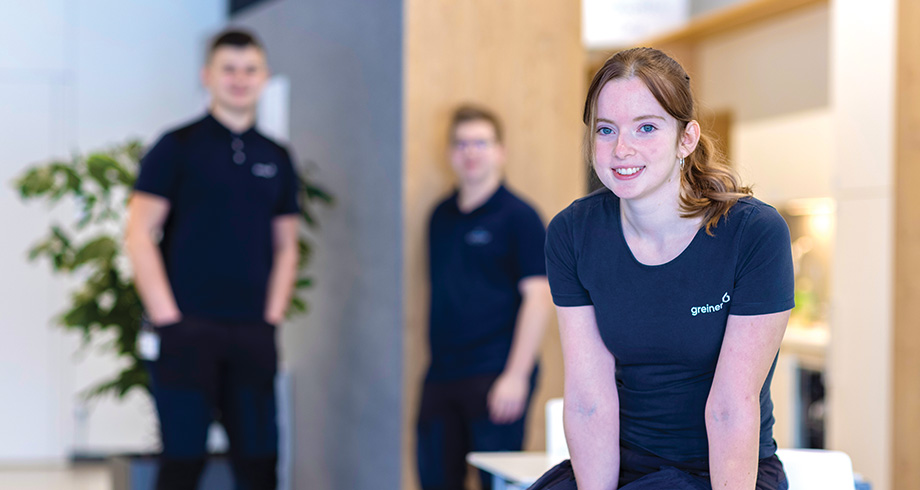A strategy for a better tomorrow
Carrying on as normal has never solved a crisis in the past. “Business as usual” will not solve the current Covid-19 crisis, nor is it a solution to the even greater challenges we will face in the future such as the climate crisis.
The climate crisis is above all a crisis of our economic model, because the current model harms the environment, especially the climate, and ultimately people. Changing this will require a global effort over multiple decades. This will not be achieved through cosmetic changes in any of the areas that we need to change. What we need are radical shifts to uphold our responsibility to the environment and future generations.
If not us, who?
At Greiner, we have always considered the Covid-19 crisis a sustainability crisis. We also firmly believe that the future belongs to sustainable companies. “If not us, who?” – it is in this area, above all, that our slogan must be realized and where we intend to follow through on our words with actions. This is why, at the start of 2020 – during the pandemic – we set about revising our sustainability strategy to map our way forward.
At Greiner, we define sustainable business as treating the environment, our employees and the communities in which we operate with respect. It also means doing business within the limits of our planet. Last but not least, we set out on this path to sustainability because we are convinced that only sustainable business will be successful business.
Blue Plan – our strategy for a different future
We presented our new sustainability strategy Blue Plan in August 2020 after a long and in-depth strategy identification process with internal and external stakeholders (suppliers, customers, representatives from business, politics, the environmental sector, numerous NGOs and employees from all Greiner divisions). The fact that Blue Plan was launched right in the midst of the pandemic is a coincidence. The virus could easily have broken out a year earlier or a year later. At the same time, the coinciding of these two events shows that the time to act was not yesterday, nor is it tomorrow or at some undefined point in the future. It is now.
The decision as to why our new sustainability strategy is called Blue Plan is quickly explained. Blue is both the color of Greiner and the color of our planet. In addition, a “blue economy” is understood to represent an economic concept that protects the Earth’s ecosystems while simultaneously creating jobs.

“What we need are radical shifts to uphold our responsibility to the environment and future generations.”
We very deliberately added “sustainable from within” to our strategic framework, emphasizing that we are intrinsically committed to this path of sustainability. Sustainability is not part of Greiner’s DNA because this is what our customers or society demand; it is because we ourselves are convinced that operating sustainably is environmentally responsible and important economically. Nobody at Greiner would fail to link responsibility with change. To achieve the goals set out in Blue Plan, we must have the courage to question longstanding beliefs. To do this, our employees require frameworks that allow for innovation. We also have to question our existing business models, invest in research and development and make fundamental decisions about integrating sustainability into our business thinking. The only way we will be able to solve many more challenges is by working together with external partners.

“We must take action today to guarantee a future worth living.”
Climate, circular economy & people
Blue Plan is Greiner’s overarching sustainability strategy. It provides a strategic framework for all divisions. The Blue Plan group strategy and the individual strategies for the divisions are complementary. We are honest enough here to admit that we have not yet found an answer to all questions, but we are working constantly on finding better answers and putting these into practice. Accordingly, Blue Plan covers all of our divisions worldwide and focuses on three areas of action that we have identified as key issues of the future at Greiner: Climate change, the circular economy and people. These three areas are intertwined and reinforce each other: Without a circular economy, there can be no carbon neutrality, and without motivated and well trained employees no company will achieve the transformation needed.

